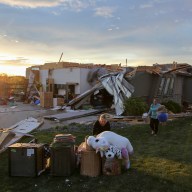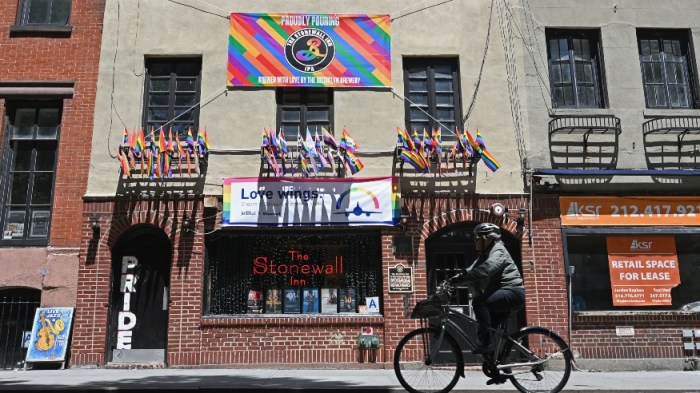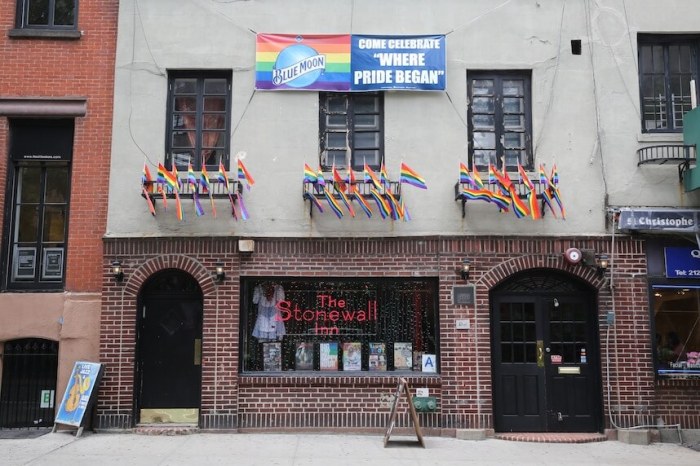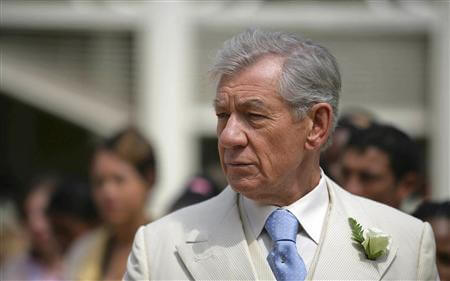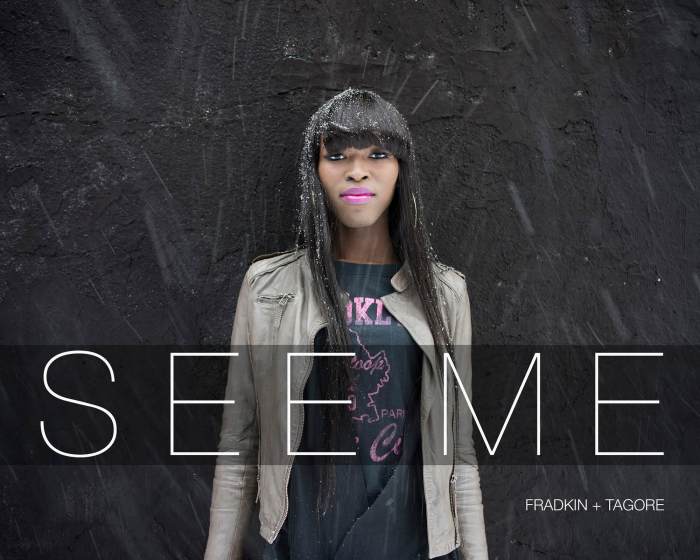When Stuart Cole and Gary Thompson moved to New York City in 1976, a year after they met and fell in love in Philadelphia, they didn’t think it was possible to be gay and Christian, but they didn’t give up in their quest to jointhe two. After becoming membersat Marble Collegiate Church —which was established in 1628 when the city was still New Amsterdam—Cole and Thompson and a handful of other gay parishioners started holding Bible studies in apartments. In 1992, the pair approached the church’s pastor, Dr. Arthur Caliandro, to ask him for permission to meet in the church’s parlor. “He was hesitant,” Cole said. “But he came to know us better and heard from so many people in the congregation, you guys are so nice, and meeting us turned a lot of people around to see that gay and lesbian people are not monsters, but Christian brothers and sisters.” Not everyone was happy with the move, and some 150 people left the church following the decision, the New York Times previously reported. But, since 1992, the Marble Collegiate Church’s group, GLBTQ in Fellowship, Tradition and Service(GIFTS) has grown to some 70 members looking to connect with other gay Christians and serve their community. “We wanted change for ourselves, and I feel we were flowing along to the will of God, and his timing was perfect,” said Thompson, an actor who now works as the church’s wedding coordinator and receptionist. Cole works as the church’s facility and events manager. Even with a place to pray, the group, officially founded in 1992,was kept under “hush hush” and not advertised in church bulletins. As the years passed and acceptance grew, both within the church and New York City society-at-large, the group swelled to up to 70 members. This weekend’s Pride Parade marks the 18th year that GIFTS have handed out cups of water to pride marchers.
“At the time, most of the churches were barricaded [for the march] and churches did not want anything to do with the marchers,” Cole said. “It really was noticed.” Cole said the effort has grown over the past nearly two decades, with non-LGBT members of the congregation pitching in. Last year, they served 14,000 cups of water during the five-hour march, and in four years ago started serving women marching during the Dyke March on the Saturday night before the parade. And although significant progress has been toward LGBTacceptance, Thompson said he still meets prospective parishioners who find their way to New York City from the South and the Bible Belt, looking for a spiritual home where they can be gay and Christian. “It pleases me to no end to say to these people, ‘Yes, we accept you,’” Thompson said.
The next step, Cole and Thompson say, is making sure members of the transgender community feel welcome and accepted in church and beyond. The LGBTgroup has held dedicated discussion on the topic, and invited transgender parishioners to share their story. “I think it just bring acceptance to even another level, some people in the gay community can’t quite figure it out, yet we have to have that acceptance,” Cole said. “I think it’s an uncomfortable issue for a lot of older Americans to grapple with.” ***
“There’s a text, the 139th Psalm that says ‘You created my inmost being … I praise you because I am fearfully and wonderfully made.’ Some people will say the opposite, because you’re LGBT, of a certain race, don’t have enough money, your body shape is not fashion magazine skinny, because you’re too old, too young, not good enough. You can listen to those voices or listen to the voice of faith, that God created each of us as we are, and that love is strong enough to compensate for the experience of the lack of love from others.” — Dr. Michael Brown, pastor of Marble Collegiate Church
Historic church continues to pave way for LGBT acceptance
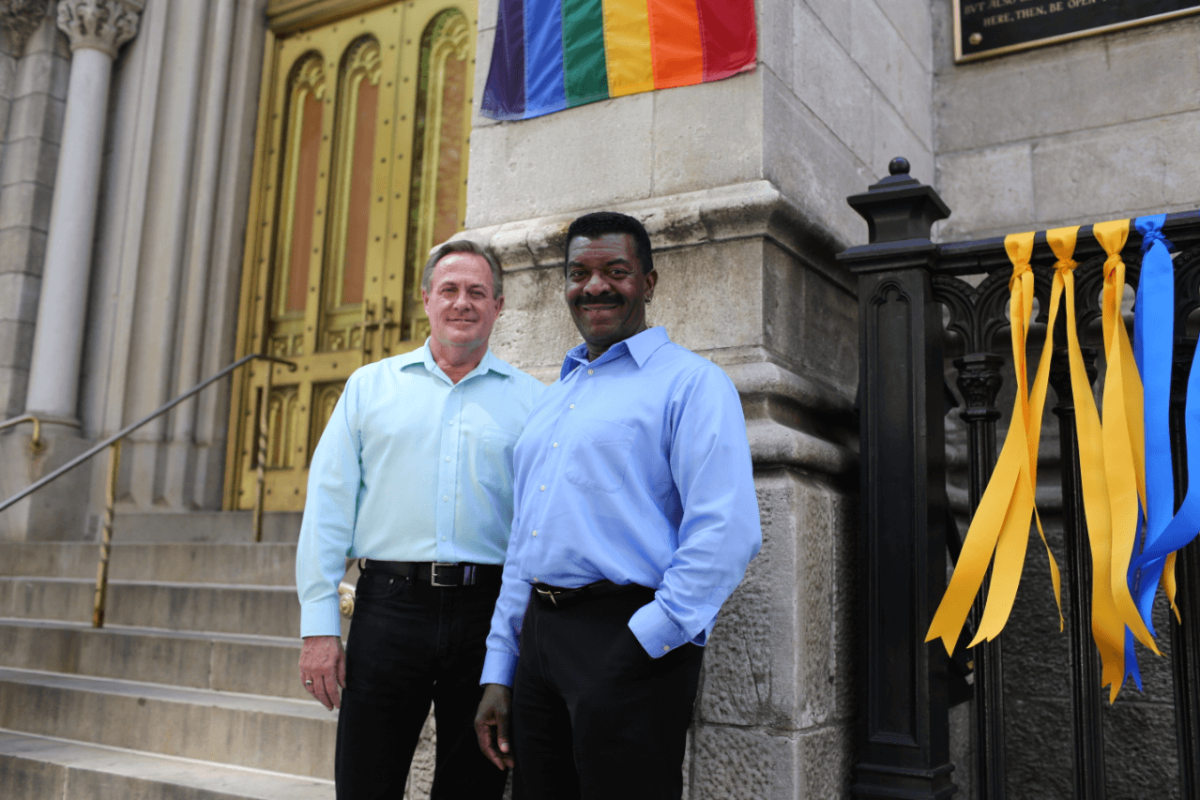
Bess Adler, Metro






